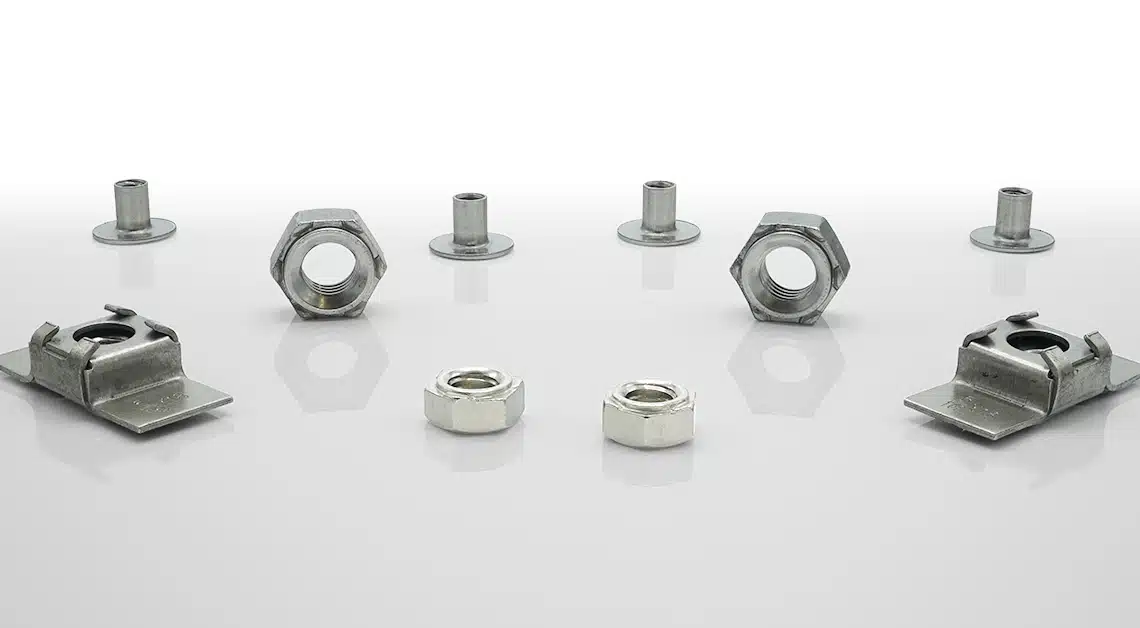If you work in the automobile repair or production industries, you should learn how fasteners are used to bind important vehicle parts. You should also know how much torque is required when attaching components. There are many different fasteners available at ROGO Fastener for automotive repair.
Types of Fasteners Used in the Automotive Industry
Washers, nuts, and bolts are used in automobiles around the world. Nuts are responsible for securing screws and bolts to a particular surface, and they almost always utilize female threading. Bolts, on the other hand, are threaded with rods and pins, and they are characterized by heads and used to construct the steering wheel. Washers used in automobile production are typically flat, small discs with holes in the center. Washers fuse together automotive bolts to secure radiators, prevent leakage and distribute pressure.
Plastic fasteners are usually created from vinyl, and they are manufactured using injection molding, while metal fasteners are typically cold-worked and treated by heat to increase strength, durability, and tightness. Stainless steel is the most valued material in the world of fastener production due to its ability to resist corrosion and its natural strength.
The hex-head bolt is arguably the most commonly used fastener in the automobile industry, followed by the hex-headed cap screw and the stud. A stud is halfway between a bolt and a screw. Using strong, durable fasteners is necessary for the auto industry because if any fastener becomes loose, drivers will experience a problem with their vehicle. For example, a simple loose bolt in the transmission or engine areas can prevent a car from starting. Loose fasteners in the brake or suspension system can be dangerous, primarily because they can lead to collisions.
Tightening Fasteners Properly
When tightening your fasteners, you must strike a delicate balance. Ideally, you must make sure there is a greater level of tension binding the head bolts in key areas than the fasteners’ load capacity. Joints should be bound extremely tight, and if they are not, vibration and force will cause them to loosen. Conversely, if there is too much tension, the fastener can become damaged.
The terms “torque” and “tightening” are not interchangeable. When those in the automobile industry use the term “tightening” in reference to fasteners, they are referring to the degree of pressure exerted on the parts held together by the bolt. Torque simply refers to the degree of rotational force applied (as the screw rotates, the tension produced joins together the components).
To produce the proper amount of tension resulting from tightness, you must take a variety of factors into consideration. First, when torque reflects a fastener’s resistance to rotation, you can use lubrication to ensure the bolt provides the right amount of tension. This can ensure smooth rotation and prevent the bolt from coming loose.
Find the Fasteners You Need
Knowing how fasteners are implemented in the auto production and repair processes can be immensely helpful. At ROGO Fastener, they can help you find the fasteners you need for your car repairs and maintenance projects. Contact them today to learn more.







